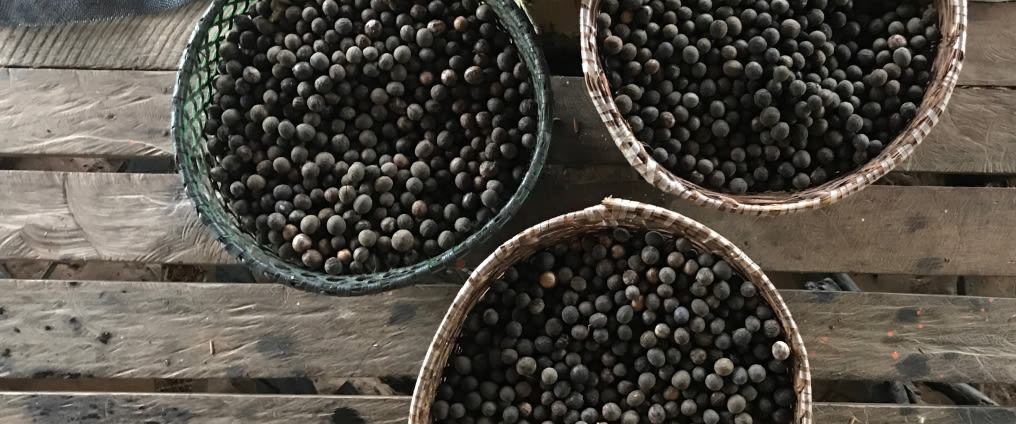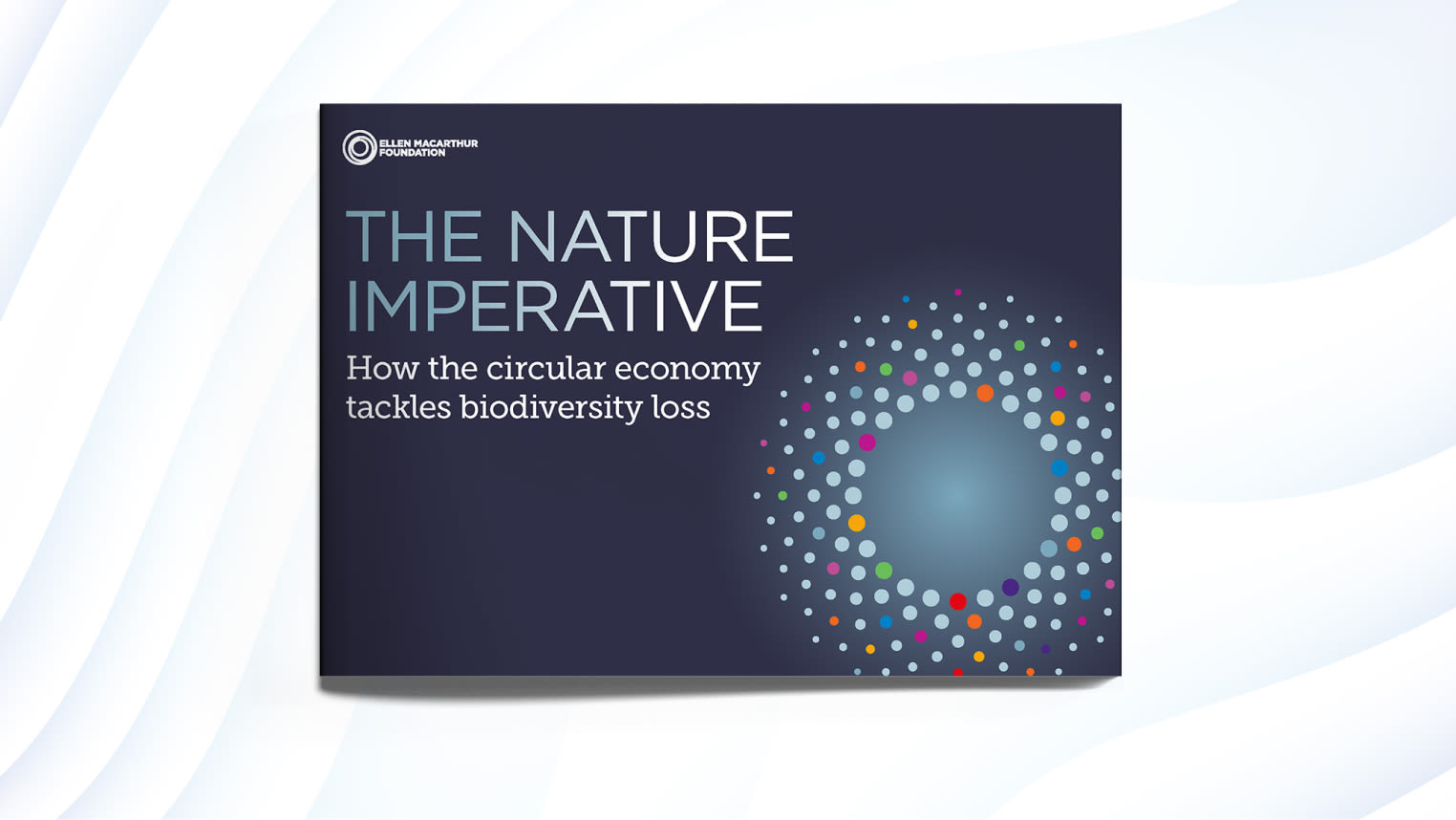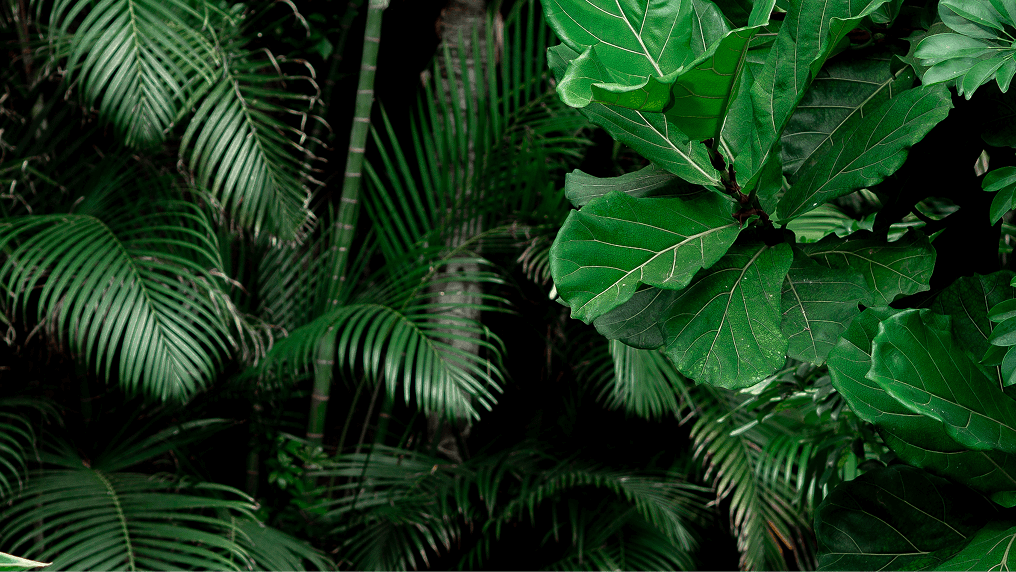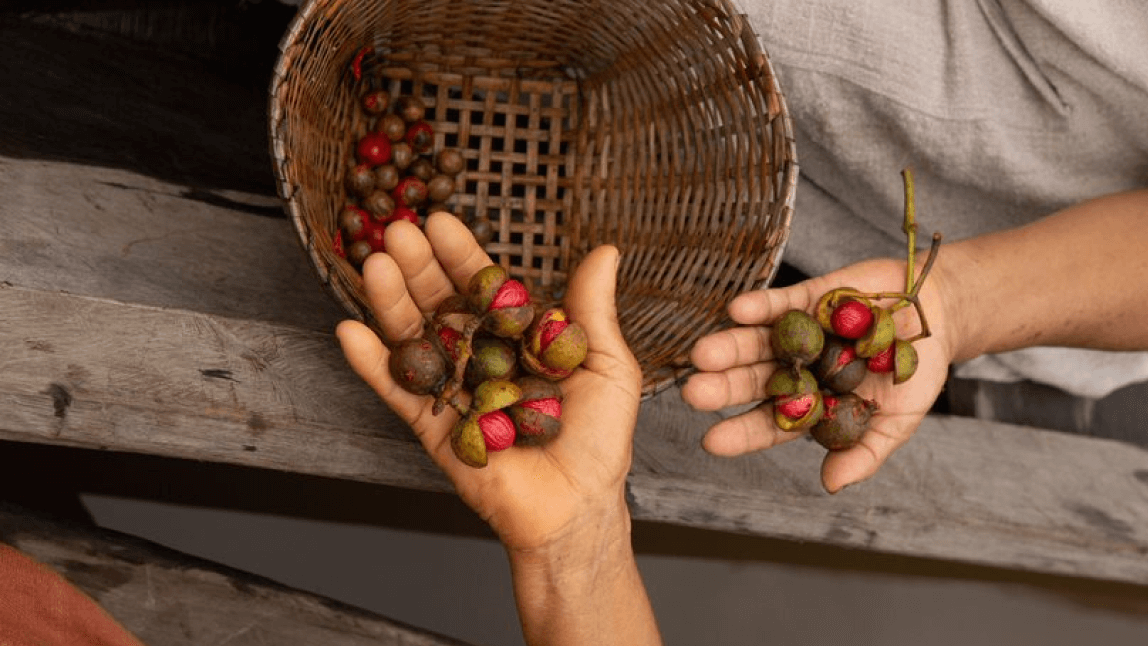Natura & Co produces a wide range of cosmetics, including soaps, creams and shampoos that rely on the rich biodiversity of the Amazon for ingredients. Their supply chain includes almost 40 types of plant-derived ingredients. To source these, Natura – among other suppliers – works with about 7,000 local families with traditional knowledge and combines it with advanced research to innovate. Natura's business model supports the 'standing forest' economy model, which is based on the idea that a tree has much more value standing up than being cut down.
Biodiversity benefits
According to Natura, the 'standing forest' economy has preserved 2 million hectares of rainforest from being cut down, while also providing more profits to local communities. One example is the ucuuba tree, a formerly endangered species that was traditionally cut down to supply timber for broomsticks and beams. By selling the seeds of ucuuba for cosmetic uses instead, a farmer can earn three times more while preserving the forest for future harvests. The possibility of making more profit from the forest encourages their owners to manage the land more regeneratively, enabling more species to thrive within the managed areas.
This page is part of a deep dive into biodiversity across other sectors, where we delve deeper into examples of companies adopting circular economycircular economyA systems solution framework that tackles global challenges like climate change, biodiversity loss, waste, and pollution. It is based on three principles, driven by design: eliminate waste and pollution, circulate products and materials (at their highest value), and regenerate nature. principles with positive impacts on biodiversity.







